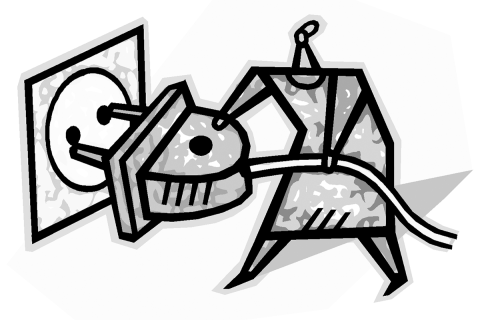
Plugging Into the Recharge Station: Today’s Research Interest Groups from a Faculty Perspective
by Mary E. Wood, Professor, UO Department of English


by Mary E. Wood, Professor, UO Department of English
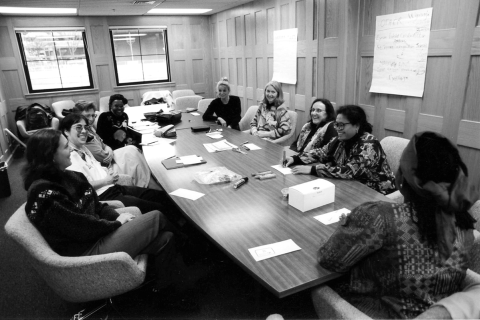
by Jenée Wilde, PhD candidate, English
In 1994, the Center for the Study of Women in Society (CSWS) launched a bold new vision—to foster scholarly collaboration through research interest groups, or RIGs. While the center had primarily funded individual research in earlier decades, the RIG model was designed to support a variety of intellectual and social connections among scholars working on gender in broadly related fields.
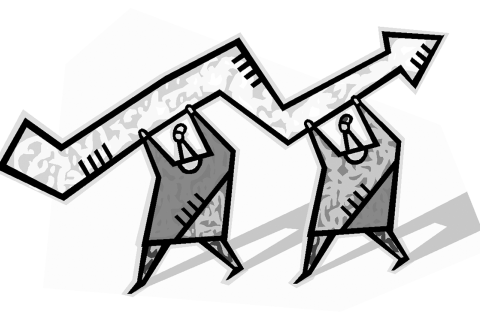
by Michael Hames-García, Director, CSWS; Professor, UO Department of Ethnic Studies
I am aware of the irony of writing a column by myself on collaborative scholarship. Most likely, any insights contained here would have been strengthened by the participation of others in the writing process. And yet, part of what I would like to say is that in some sense all scholarship is collaborative...
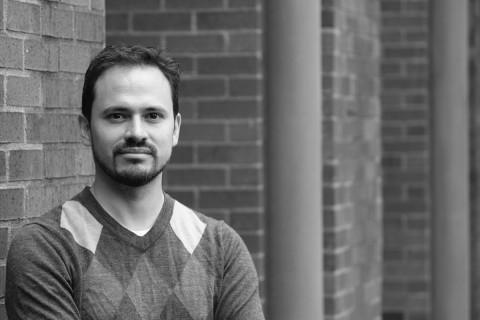
by Jenée Wilde, PhD candidate, UO Department of English (Folklore)
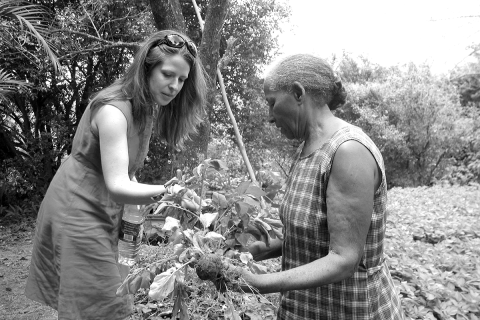
by Samantha King, PhD candidate, Department of Anthropology, University of North Carolina at Chapel Hill
The Commonwealth of Dominica is a rural island nation in the Eastern Caribbean in which most households depend upon agriculture, both for subsistence and exchange. Production is dominated by small family farms that supply global export markets as well as the intra- and inter-island trading networks that comprise a robust yet poorly-understood local food economy.
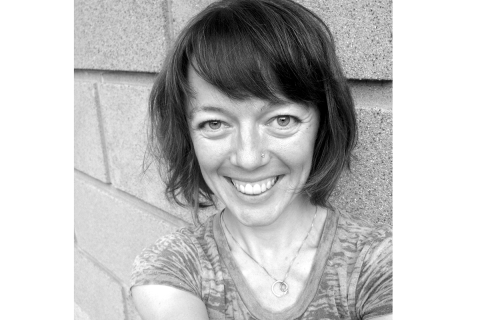
by Kristen M. Reinhardt, M.S., PhD candidate, Department of Psychology (Clinical Psychology)
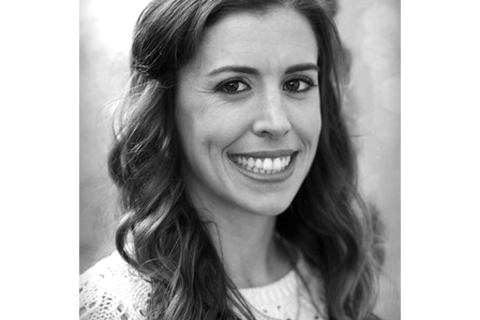
by Kristine Riley, master’s graduate, Conflict and Dispute Resolution Program
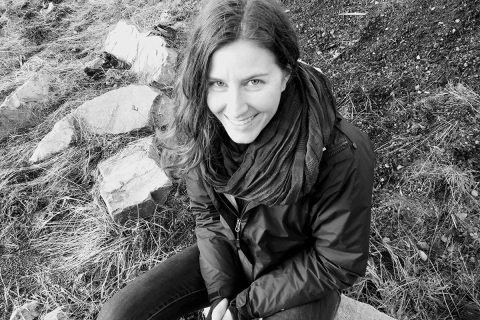
by Kathryn Miller, PhD candidate, Department of Political Science
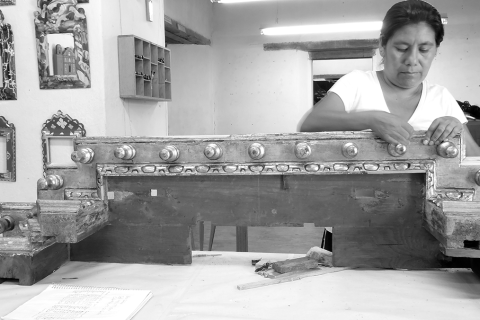
by Iván Sandoval-Cervantes, PhD candidate, Department of Anthropology

by Megan M. Burke, PhD, Department of Philosophy
My research is a reflection on how sexual violence is encrusted into bodily life and norms of gender.